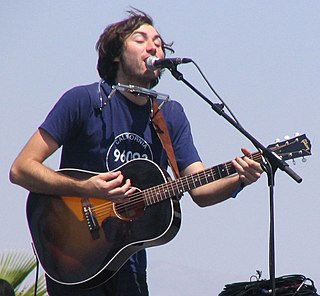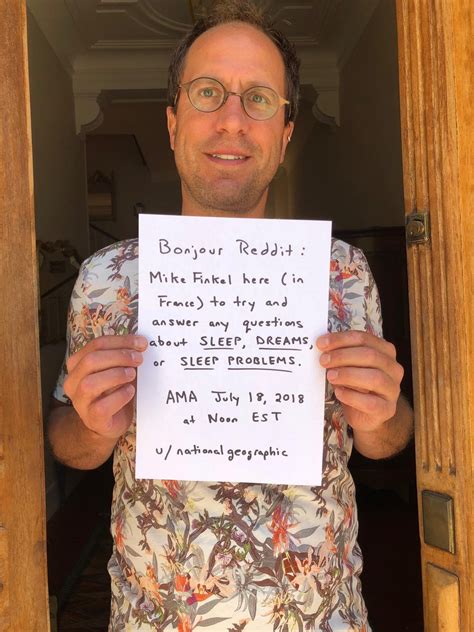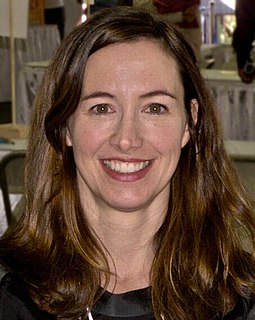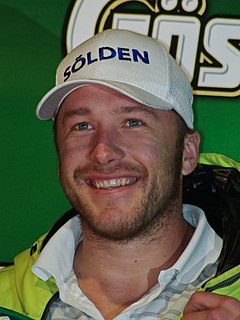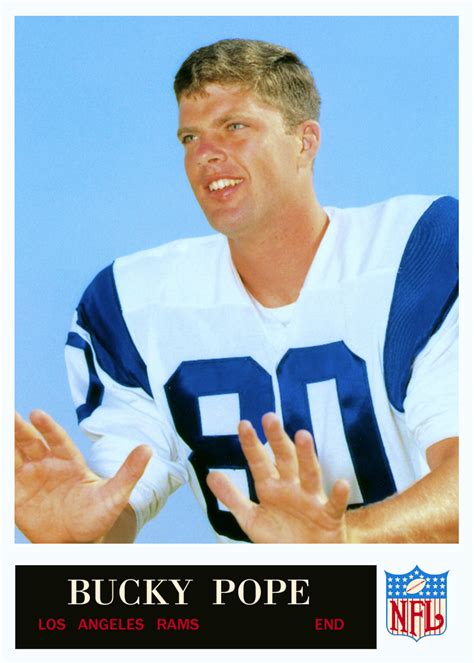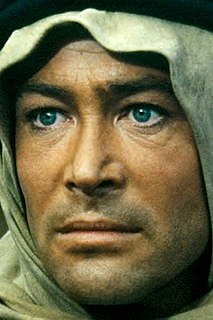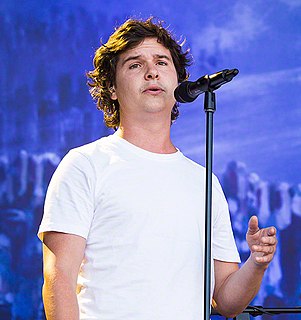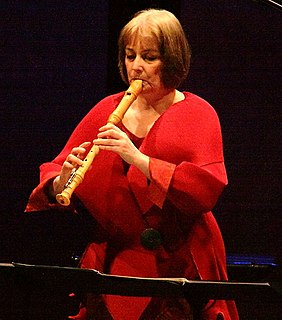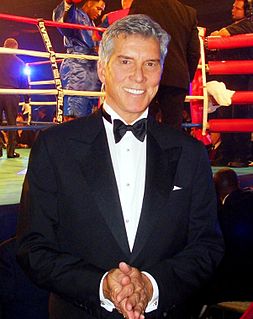A Quote by Ronald Kessler
When I was doing interviews at the FBI, my tape recorder battery died. They gave me a new one, and I said, 'Of course, this is bugged?'
Related Quotes
[MTV] just wanted a regular person that knew a decent amount about music.I'm so used to doing solitary interviews. You have some control - it's quiet, it's just you with your tape recorder and the person. Then when I was in front of the camera, I broke out in hives, which I continued to do well after I got the job.
Somebody talked me into writing an autobiography about six or seven years ago. And I said I'd try. We talked into a tape recorder, and after a couple of months, I said, To hell with it. I was so depressed. It was like saying, 'This is the end.' I was more interested in what the hell was coming the next day or the next week.

